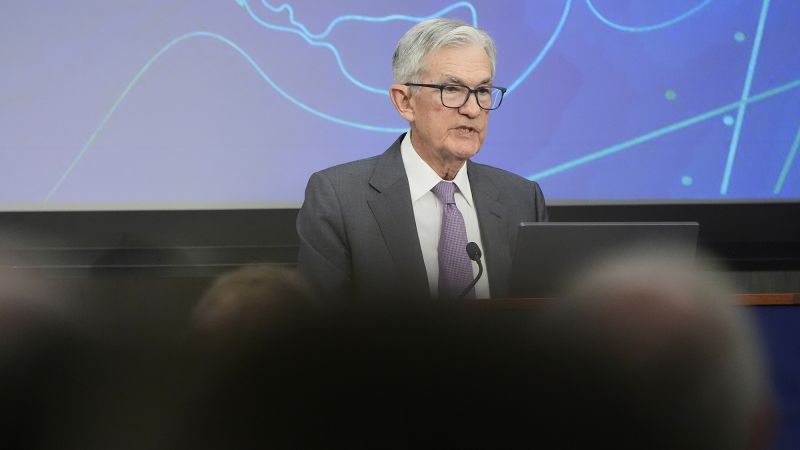Saudi Arabia Tensions: US Economy Faces Uncertainty
The Federal Reserve's cautious approach to interest rates is driven by concerns over the potential impact of the Middle East conflict on the US economy, with investors awaiting the Fed's next policy meeting for further guidance on their plans.

Rising tensions in the Middle East, particularly between Israel and Iran, are causing concerns about the potential impact on the US economy and interest rates, with the Federal Reserve hesitant to cut rates due to uncertainty over policy effects.
The conflict in the Middle East could lead to higher oil prices and inflation, making a rate cut less likely, as the Federal Reserve, led by Chairman Jerome Powell, weighs its options. Despite President Donald Trump's pressure to cut interest rates, the Fed has been cautious, citing uncertainty over the effects of his administration's policy changes on the economy.
However, some experts believe that the Fed may still cut rates if the economy starts to slow down, even if oil prices remain high. The resilience of the US labor market, with low unemployment and job openings, has given the Fed time to wait before making a decision. Investors are betting on a rate cut in October, and the Fed's next policy meeting will provide further insight into their plans.
As the situation in the Middle East continues to unfold, the US economy remains in a state of uncertainty, with the Federal Reserve's decision on interest rates hanging in the balance. The potential impact of the conflict on oil prices and inflation will be closely watched, and the Fed's next move will be crucial in determining the direction of the US economy.